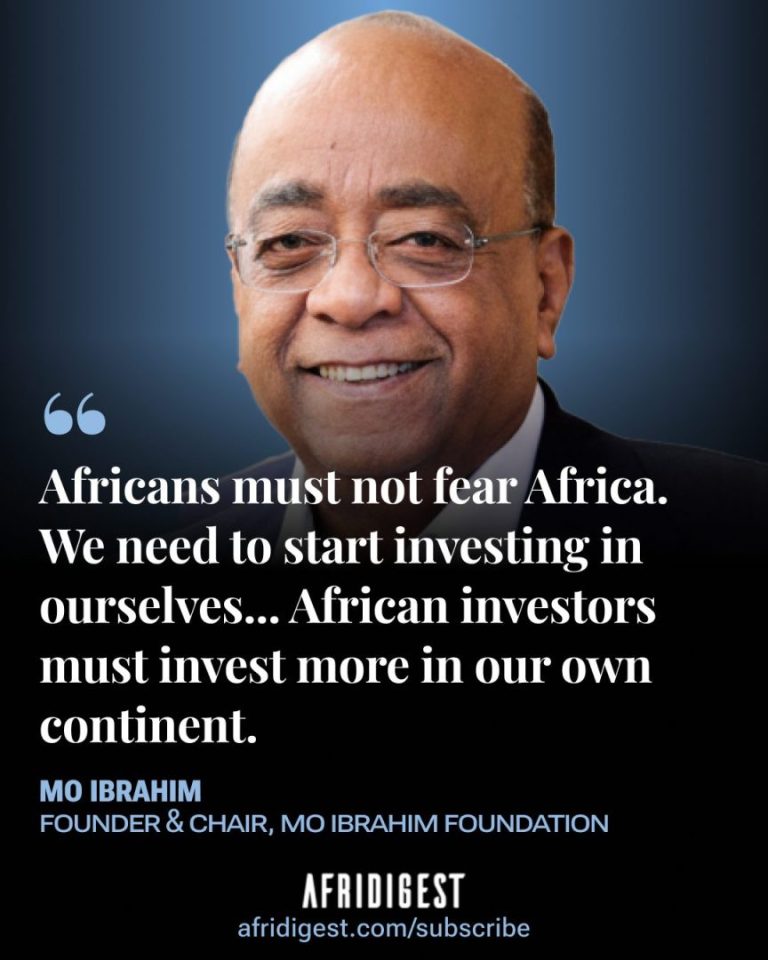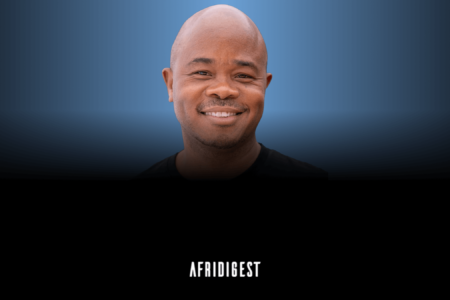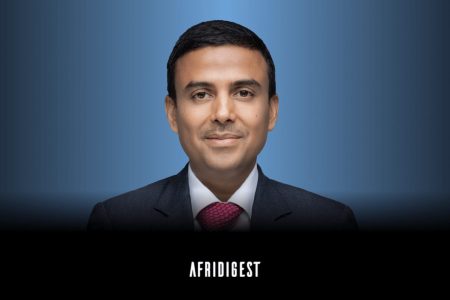“Africans must not fear Africa. We need to start investing in ourselves… African investors must invest more in our own continent.”
That’s Mo Ibrahim, founder and chair of the Mo Ibrahim Foundation, calling for a new era of African self-investment.

The Sudan-born billionaire businessman previously founded Celtel, one of the first mobile phone companies serving Africa, in 1998. In just six years, he grew it to $600M+ in annual revenue from 5M+ customers across 13 African countries — in markets where mobile penetration was less than 5%.
Then he sold it for $3.4 billion in 2005, pocketing $1.4 billion himself and proving enormous value can be created in countries often dismissed as too poor, too corrupt, too risky.
His argument? The cuts in development spending from the UK, US, and Europe shouldn’t be seen as a crisis, but as a wake-up call.
“Africans should not mourn the end of international aid while hoping that international generosity might one day return. Now is the time to look inside our own borders and make African-led investment the cornerstone of African development.”
“Private capital — both local and international — is a key engine for development,” he emphasizes. But “we cannot make a plea to international investors, while we channel our own capital elsewhere.”
As an example, he points to a striking disconnect:
“We have about $350 billion in sovereign funds and pension funds in Africa, which is mostly invested overseas. Why don’t we invest it in Africa? And if we don’t invest our money in Africa, do we expect foreigners to come and spend their money in Africa?”
He speaks from experience having scaled Celtel into a billion-dollar company in markets others avoided.
“Building Celtel into a $3.4 billion company was not luck. People saw Africa as a continent where it was too risky to do business and became blinded to its immense potential. But I could see that this growing gap between perception and reality meant there was an opportunity — and we took it. I bet on Africa and won.”
At the same time, Ibrahim notes that significant barriers to investment remain.
“You cannot invest in a country where the rule of law is not good enough. We need to create the environment which attracts investment. That’s on us… Until we have good governance and decent leadership, then we’re going to always have problems.”
More than talking, he’s walking the talk.
In 2006, he decided to put his wealth to work by creating the Mo Ibrahim Foundation to promote good governance and exceptional leadership across Africa.
Still, he sees himself as more of an activist than a philanthropist. As such, while he appreciates the continent’s challenges, not only is he not deterred by them, he’s determined to alter the trajectory.
“I’m trying to change things,” he says. “Because unless we change the way we run our countries, govern our people, allocate resources and create a fairer system that is more transparent, we really cannot move forward.”
His message is clear: Africa’s future must be driven by Africans, and he implores African investors and institutions to invest in the continent instead of abroad.
“It’s unacceptable to turn your back and say you don’t care… The head of the fish is what goes rotten first.”
What’s your take?
- Does the significant outflow of African capital suggest a lack of confidence, unfavorable business environments, or something else entirely?
- Is good governance a prerequisite for investment, or can increased private sector engagement help drive governance improvements?
- What policies would incentivize local investors to invest more in domestic opportunities instead of overseas?
Join the conversation on Linkedin.






Share: